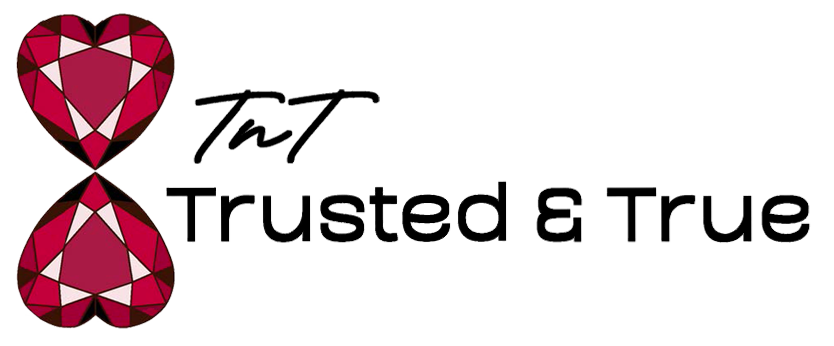Falling victim to a romance scam can be devastating—not just financially, but emotionally. The manipulation and betrayal can erode your self-esteem, mental health, and trust in others. Still, recovery is possible with purpose, support, and the right actions. This guide walks you through meaningful steps to regain confidence and rebuild your life.
1. Recognize the Emotional & Practical Impact
Scammers are skilled at building emotional trust only to betray it, often leaving victims with deep emotional wounds, financial setbacks, and social withdrawal. Recovery starts with acknowledging these layers of harm.
2. Let Yourself Feel — Then Process
It’s natural to feel anger, grief, denial, or numbness. Rather than suppressing these emotions, allow yourself to express them. Journaling, talking openly with a trusted friend, or connecting with support groups can help you heal. Remember: the scam doesn’t reflect your worth or judgment—manipulators are experts at exploiting emotional vulnerability.
3. Seek Support — Emotional & Professional
Recovery often benefits from external guidance. Consider:
- Therapy or counseling: Helps rebuild self-worth and process trauma.
- Support groups: Offer validation through shared experiences.
- Helplines or victim-focused organizations: Provide valuable resources and reassurance that you’re not alone. Dating Advisory

4. Tackle the Financial Fallout
If you’ve lost money:
- Report the incident to local or cybercrime authorities.
- Alert your bank to halt or reverse fraudulent transactions.
- Keep track of your credit; protect your identity from further misuse.
- Consider consulting a financial advisor for guidance on rebuilding your financial security. Dating AdvisoryFightCybercrime.org
5. Restore Trust—Starting with Yourself
Emotional betrayal can make trusting others feel impossible. To regain confidence:
- Give yourself time before diving back into dating.
- Set clear personal boundaries, both online and offline.
- Educate yourself about common scam tactics—understanding red flags is empowering. Dating Advisory
6. Grow Stronger from the Experience
Survivors often find resilience by sharing their story and helping others—whether through awareness campaigns, support forums, or personal conversations. These actions empower you and can offer healing to the broader community. Let your experience become a source of strength.
Additional Insights & Resources
Comprehensive Financial and Digital Safety
Record all scam-related communications; immediately cease contact. Notify your financial institutions, report to appropriate platforms or authorities, secure your personal accounts, and explore legal or counseling support options if needed.
Supportive Healing Strategies
It’s essential to validate your emotions—shock, betrayal, shame, guilt—and avoid internalizing them. Self-compassion, journaling, and leaning into trusted relationships can calm the psychological aftermath.
Holistic Emotional Recovery
Recognize that what happened to you was a crime—not a personal failing. Talking about it, seeking professional help, and slowly rebuilding trust are key steps. Transitioning from “victim” to “survivor” shifts your narrative toward empowerment.










